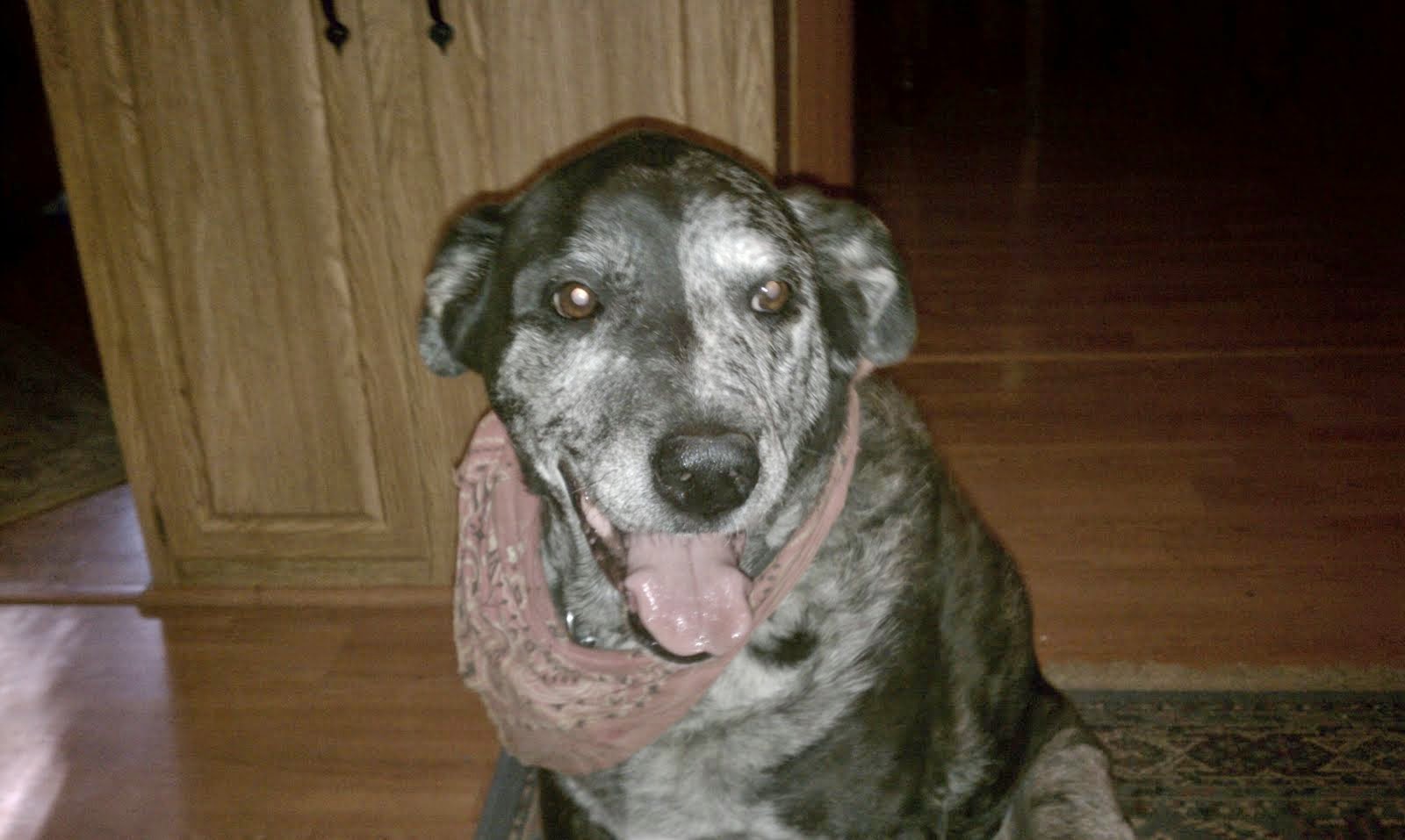Pet Vaccinations and Cancer
Educate yourself. Your veterinarian cannot make this decision for you, nor should they. You are your pet’s guardian. It is your responsibility to give them the best care you can by researching and carefully weighing your decisions about their healthcare.
Vaccinations represent a major stress to the immune system. They can not only cause side-effects and allergic reactions, they also contribute significantly to long term chronic disease. Chronic health problems frequently appear following vaccination including skin allergies, arthritis, leukemia, upper respiratory infections, irritable bowel syndromes, neurological conditions including aggressive behavior and epilepsy, auto-immune diseases and cancer.
It is more and more common to see cancer in dogs and cats under 5 years of age. Autoimmune diseases are on the rise as well. Our companions are suffering from generations of over-vaccination, which combined with inadequate nutrition, poor breeding practices and environmental stresses are leaving each generation more susceptible to congenital disorders and chronic disease.
Vaccinations do help prevent serious illnesses, but they should be used with restraint. Before vaccinating, consider the risk. If your pet is indoor only and does not go for walks and will never be exposed to unvaccinated animals, the risk of infection is low. The decision about vaccinations is very individual and should be guided by your own research on the subject before you go to the veterinarian.
IF your pets go outside and you have rabies in your area, give a rabies vaccine at six months of age. (Legal requirements vary from state to state.)
Generally, vaccinations do not need “boosting”. Studies have shown that a single vaccination for parvovirus, distemper and panleukopenia results in long-term protection from disease. Simple blood tests can determine if your companion’s antibody levels for parvovirus and distemper remain high enough to resist infection. Next time your veterinarian suggests a booster shot, request the blood test first. (Rabies may be required by law every three years. Check the regulations in your state.)
Research about vaccinations for Bordetella, corona virus, leptospirosis or Lyme vaccines unless these diseases are endemic locally or at a specific kennel.
Never vaccinate a sick or weakened animal. Vaccinating an already compromised immune system is almost sure to compound the problem!
For pets that are due for rabies vaccinations that are required by law in their state, owners can request their veterinarian write a letter explaining why such a vaccination is medically contraindicated at the present time, along with a copy of records indicating that the pet had previously been current on vaccinations.
Pets that are receiving chemotherapy can be boarded. It is recommended that the boarding facility be provided contact information for the treating veterinarian in case of any symptoms or illnesses that develop while the pet is boarding that might require medical assistance. Similarly, the boarding facility should be informed that the pet is immunocompromised and that appropriate hygiene recommendations be followed, such as thorough hand washing before the pet is handled. Owners should discuss the upcoming boarding of their pet with the treating veterinarian, who may wish to modify the treatment schedule according to the boarding schedule.
Educate yourself. Your veterinarian cannot make this decision for you, nor should they. You are your pet’s guardian. It is your responsibility to give them the best care you can by researching and carefully weighing your decisions about their healthcare.
Educate yourself. Your veterinarian cannot make this decision for you, nor should they. You are your pet’s guardian. It is your responsibility to give them the best care you can by researching and carefully weighing your decisions about their healthcare.
